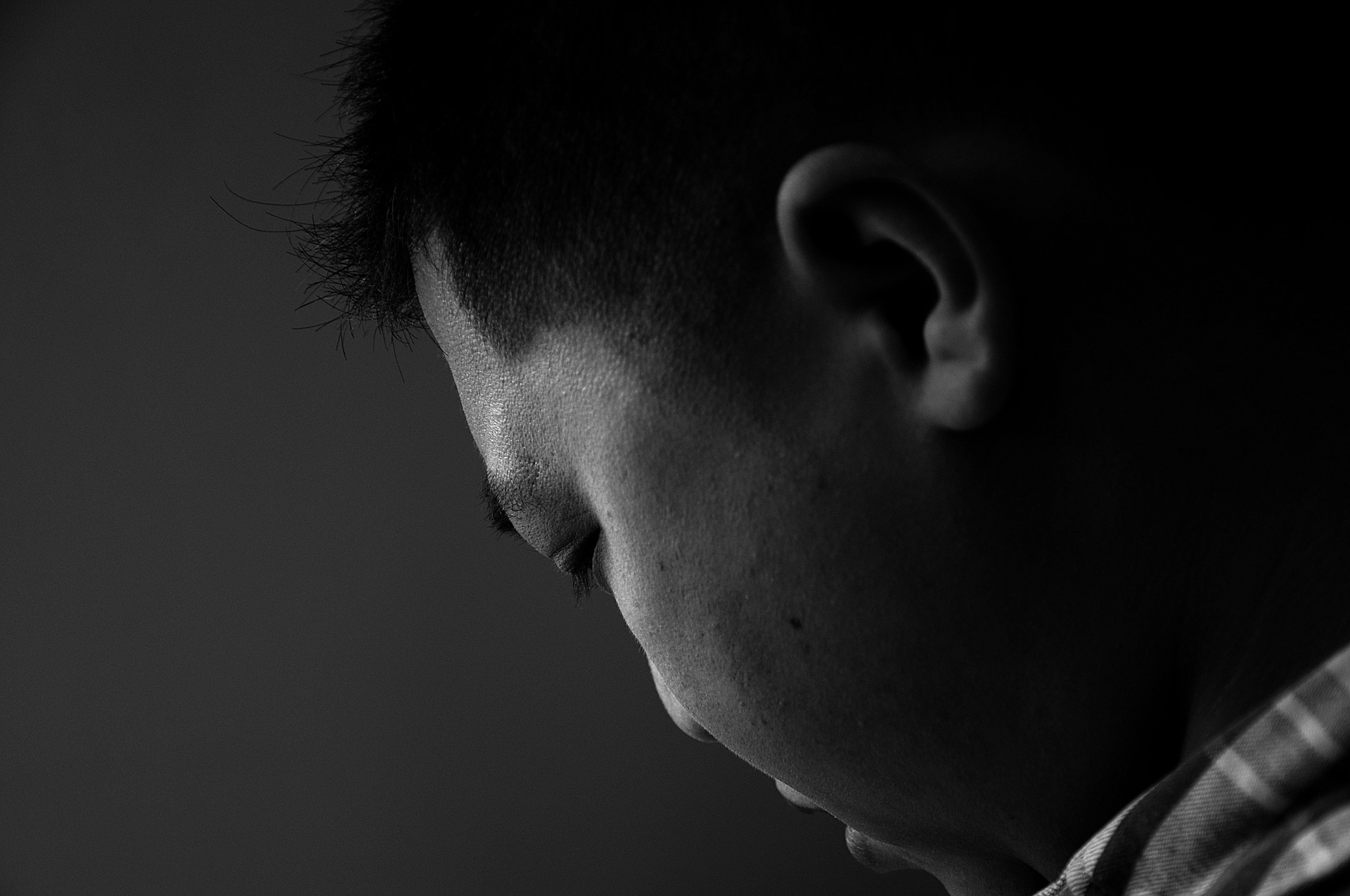Eliminating Barriers to Medication Assisted Treatment of Heroin Addiction
Many individuals face innumerable barriers when attempting to seek medication-assisted treatment for heroin addiction. Fortunately, there are ways to eliminate these barriers and to ensure that you can begin to recover from your substance use disorder.
Seeking Treatment for Heroin Addiction
Heroin addiction treatment has changed in many ways over the years, according to the National Institutes on Health. “Our knowledge of the opioid system has led to new medications for treating pain––and for treating opioid addiction.” In almost all instances, a person being treated for heroin addiction will require medication as part of their rehab, partially because of the addictiveness of heroin and because of the severe pain a person would encounter if they did not receive some type of medication during opioid addiction recovery.
But oftentimes, there are many barriers a person has to overcome when seeking this type of treatment. These can be physical, psychological, or social, but they can all make seeking the care one needs difficult.
Medication Maintenance and Social Issues

The stigma associated with medication assisted treatment keeps many addicts from seeking help.
Unfortunately, many people see medication-assisted treatment as a form of replacing one addiction with another. There is still a serious stigma associated with this type of treatment that often keeps people from seeking it, even though it is one of the most studied and effective methods for addiction treatment.
According to the National Institute on Drug Abuse, medications like methadone and buprenorphine do not cause the rush that heroin and other types of opioid drug abuse do. As a result, their use does not lead to a euphoric high, nor does it cause a crash or cravings afterward. In addition, the doses are controlled by medical professionals who make sure the individual is only taking enough to be maintained and not to experience a high or any other negative effects.
Understanding the truth about the program can help you eliminate the barrier of the social stigma against medication maintenance. Once you know this, you can also attend counseling in order to work on your feelings toward the treatment option and the issues you may have inherited from others. Some rehab facilities even provide counseling for family members and friends of addicts who can learn about how helpful this program is.
The Barrier of Treatment Costs
Many people feel they will not be able to afford the treatment they need for addiction, and as a result, continue using without seeking help. This actually becomes more costly in most cases, especially because a heroin habit can often cost an individual hundreds of dollars a day. However, the fear of cost and debt can sometimes prevent a person from seeking medication-assisted treatment.
It is important to remember that, in truth, methadone maintenance is one of the cheaper options for heroin addiction. Those who have strong social supports at home can also seek outpatient care and pay less. But even those who can’t afford the regular prices of treatment can also still find care. According to Substance Abuse and Mental Health Services Administration, 76.3 percent of all treatment facilities in the U.S. offer at least some type of payment assistance, which can help a person seek the care they need at the price they can afford.
Physical Barriers to Treatment
Some individuals cannot physically get to the nearest methadone maintenance center every day. This usually isn’t as much of a problem in urban areas, but in some rural areas, a person may live miles from a clinic that offers this kind of care.
In some cases, remote treatment in an inpatient center may be necessary where a person can have regular access to maintenance drugs and around-the-clock care. However, the approval of buprenorphine has made it easier for people to receive a maintenance drug for opioid addiction. This medication’s effects last longer, and patients can obtain it from a doctor’s office instead of only from specialized clinics, which makes it easier for many people to get.
Seek Care for Your Addiction Recovery Today
You truly can make a change in your life and get the care you need when you seek professional treatment for opioid addiction. Call 800-994-1867Who Answers? now.
